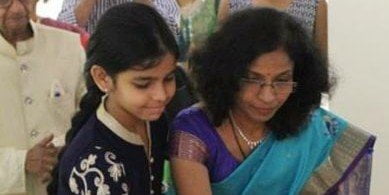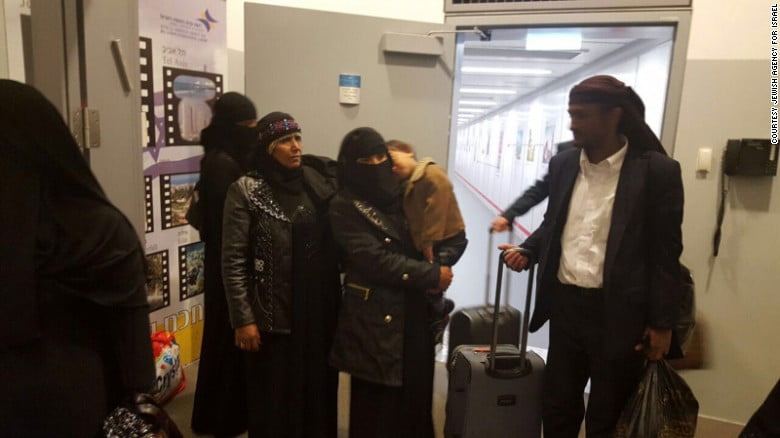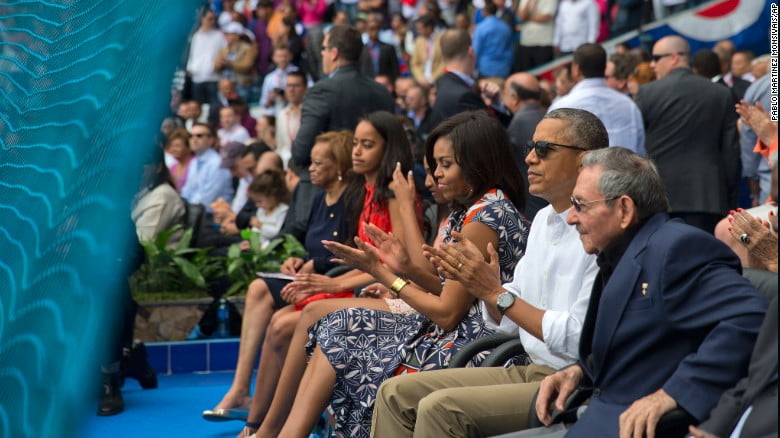

Ujwala Raje beat cancer thanks to early detection, something she learned to prioritize after her mother died within two months of a breast cancer diagnosis in 2000.
Ujwala pins the blame for the very late stage discovery down to a lack of awareness.
“It actually shook my ground,” says the petite 43-year-old.
“That registered in my mind probably. And because of reading about cancer, I thought I should be aware when I reach 40.”
After discovering a slight deformity in her left breast in 2013, Ujwala had a mastectomy and immediately started a regimen of chemotherapy and radiation therapy.
Now cancer-free and healthy, she’s made it her mission to spread the word about the scourge of late detection as part of The Pink Initiative, a Mumbai-based cancer education group run by volunteers.
She recently left her job as a food technologist at a major retail chain in Mumbai to work as a freelance consultant, which lets her dedicate more time raising awareness about cancer prevention.
Ujwala meets with women’s groups across Maharashtra – in rural and urban areas – to teach them how to conduct breast self-examinations, recognize abnormalities or changes in their bodies and also impart advice on nutrition and lifestyle.
“It’s the mindset you have to change. The symptoms are unknown to them and, although they now have mobile phones, they’ll forward messages but they don’t read about health,” says Ujwala.
She also talks to women about the impact of ignoring symptoms, hoping that, even if they first brush off any warning signs, explaining the financial consequences may spur them into action.
The cost of treating cancer rises the later the diagnosis, as surgery and more complex treatments are often required once it spreads.
“Women do not think about themselves. They think the family will be burdened so they don’t tell anyone and the case gets worse. But when we do programs we tell women, instead of spending on kitty parties and buying gold ornaments, do this.”
While Ujwala was fortunate to have enough coverage for her treatment, she has seen what can happen when people don’t have adequate funds.
When a family friend discovered a knot in her breast that had spread, Ujwala recommended a doctor who offered to help the family find reasonably-priced treatment.
“We would never tell them they had take treatment at a certain place, we said we’d recommend a place and if your financial situation isn’t good we will find help.”
Instead, the family tried to enrol for a government subsidy program that ended up causing a delay in treatment.
“They could have gotten treatment from this doctor or at Tata Memorial Centre. Later on I came to know the lady had tried some gimmick and now the case has worsened,” says Ujwala.
“Cancer does not understand math. Today the knot is 2 cm, but it doesn’t take long to grow and the lifespan reduces by years.”
The Indian inclination toward alternative medicine such as homeopathy and Ayurveda also concerns Ujwala, who believes Indians need a more practical approach to dealing with critical illnesses such as cancer.
“These alternative treatments are not bad. But for cancer, they’re not proven to be a healer,” she says.
“But most people go the other way around – they think allopathy will kill them. Then what happens is the case goes out of your hands, and even allopathy cannot cure them once it’s too late.
“People are very emotional. We’re very scared that we will die one day. It is eventually going to happen but we’re still scared of it and we don’t discuss that,” says Ujwala.
“Somewhere we have to be practical enough and strong enough in the mind and say to ourselves that one day I have to die, but not like this. At least I need to be aware.”
Though fortunate to have been born with a positive mindset, the fan of Indian and Western classical music credits her engineer husband and daughter, now 12, with lifting her spirits throughout her treatment.
“I had to come out of it because I have a small family,” says Ujwala.
“My daughter told me, ‘You’ll be fine, don’t worry. Just forget everything, concentrate on yourself and we’ll take care of you.’ And that built my positivity.”
A lifelong believer in the healing power of music and art, Ujwala found writing Marathi poetry to be a form of catharsis while undergoing chemotherapy and radiation therapy.
“Whenever I used to feel good or bad, I put those emotions down and let it come out of me.”
[Source:- Big Decisions]




